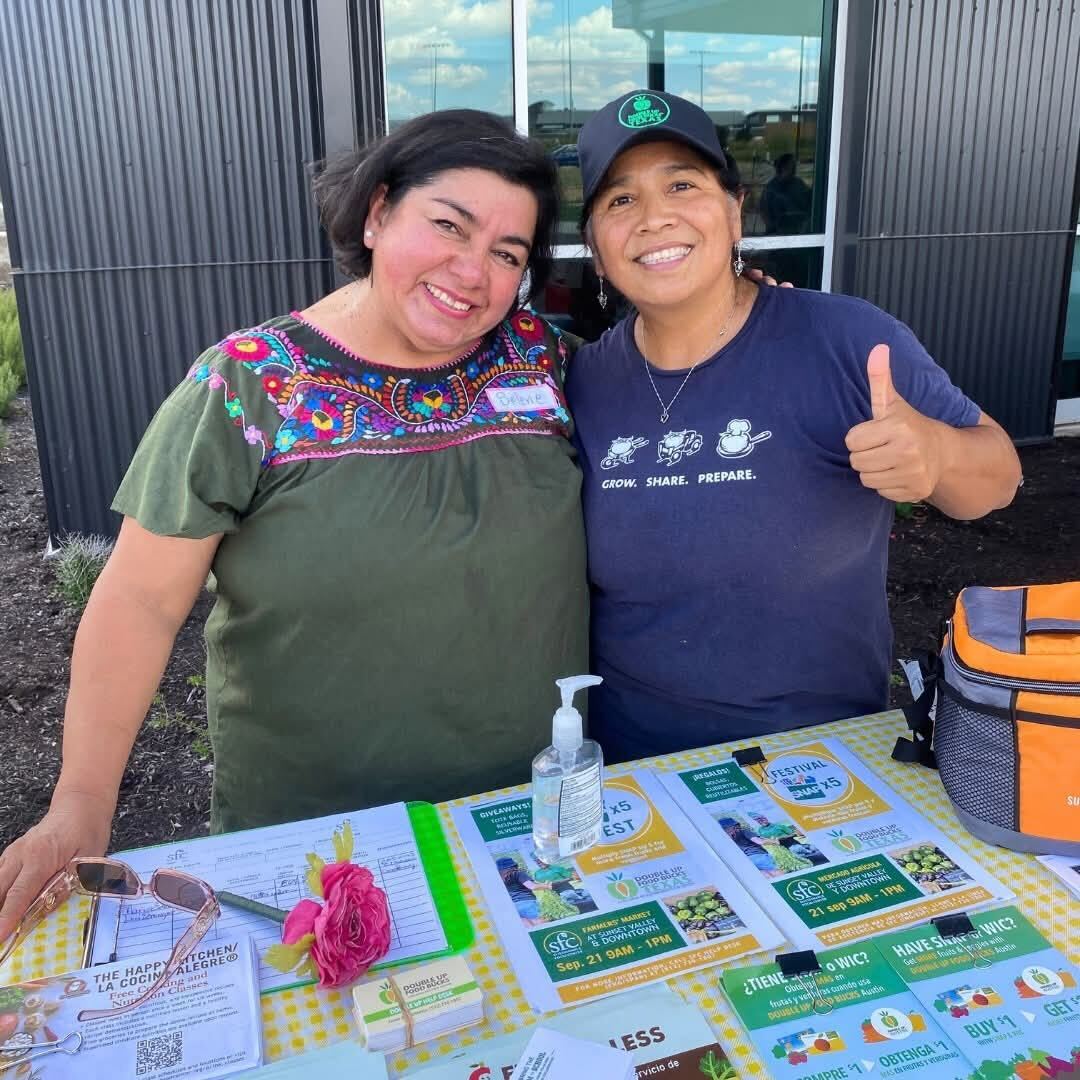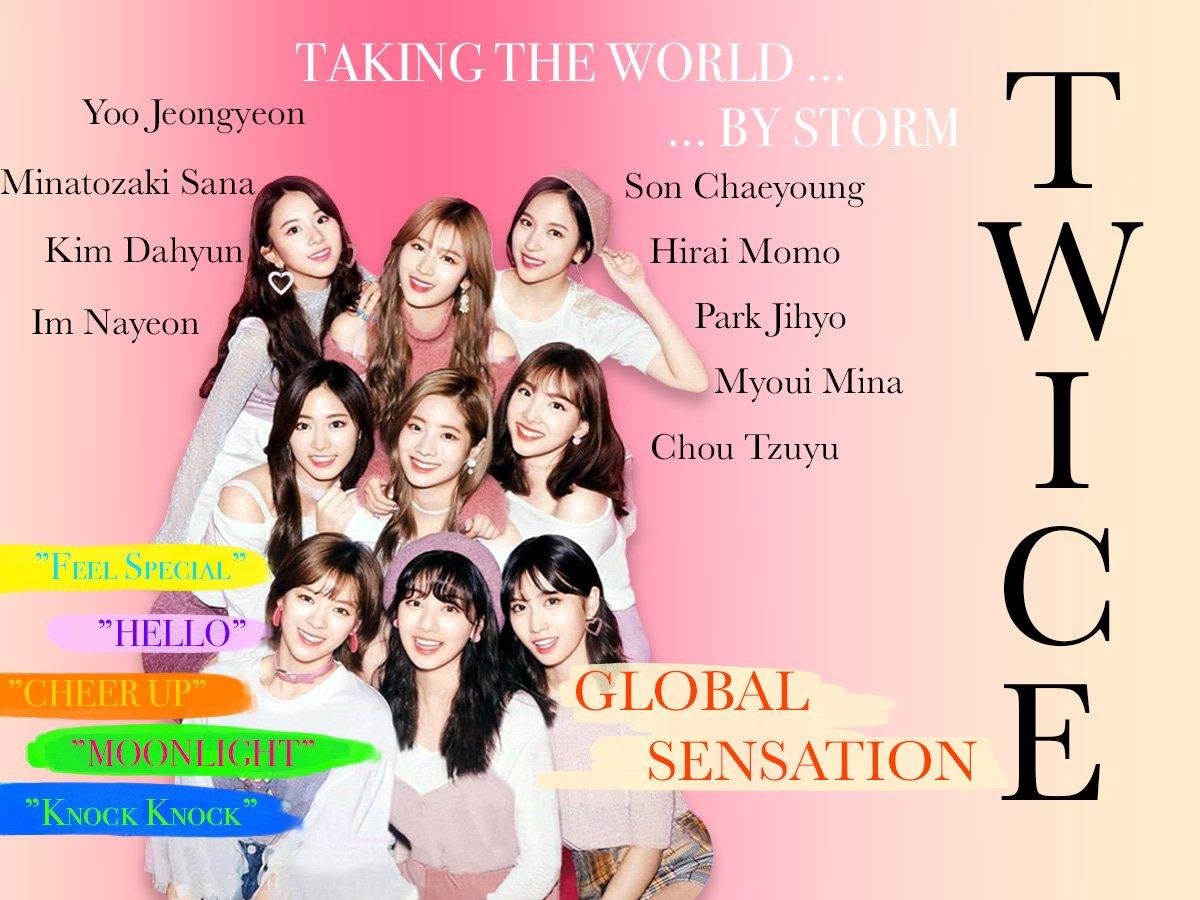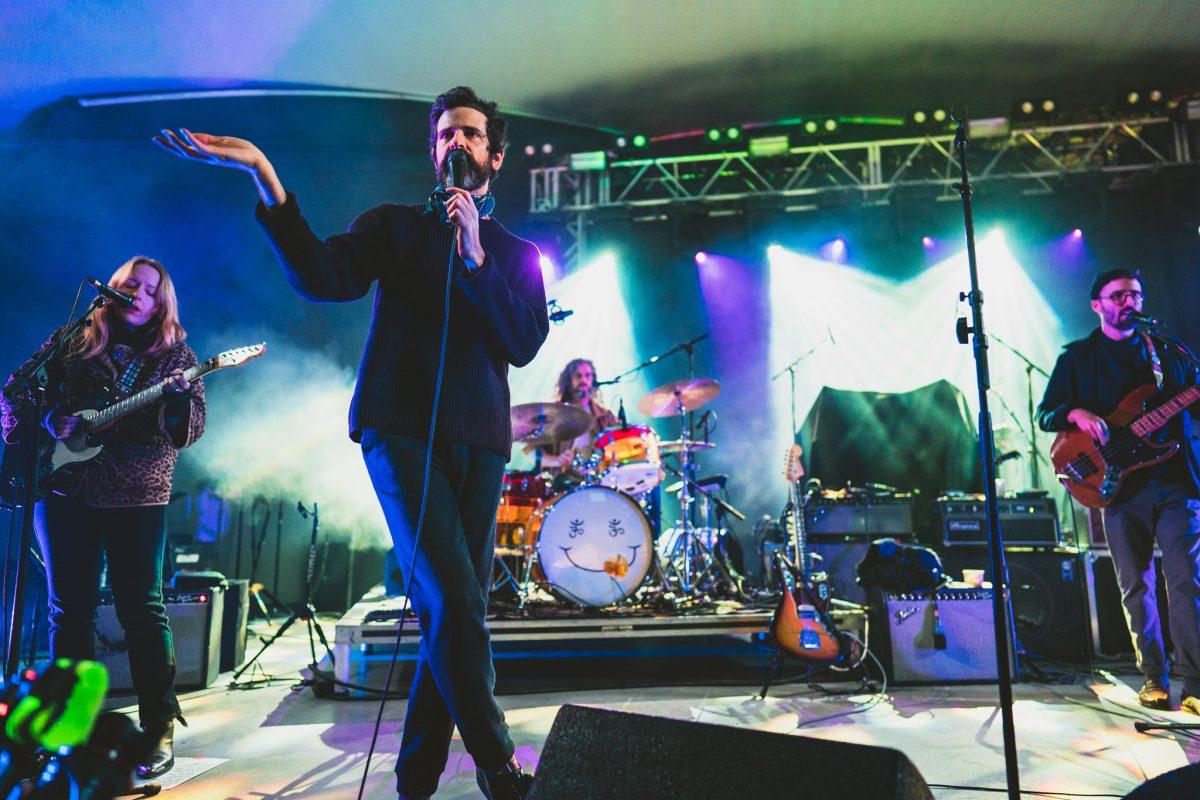“I just started hearing the music I had heard in my dream,” lead singer and pianist Caleb Fleischer says, recounting the birth of the bubbly new single “Over My Head.” With this track, Austin-based, multi-instrumentalist duo Indoor Creature gives “dream pop” a whole new meaning.
Story by Henry Youtt
Photos by Ley Herr
Indoor Creature is an inventive and artistic collaboration between Fleischer and Travis Kitchen, who work together to produce charming and imaginative pop that Kitchen calls “a cool fusion of both of our styles.” With their sophomore album soon to be released, they have been able to spend time playing around with experimental melodies and explorative songwriting.
ORANGE caught up with the bandmates to talk optimism, oversleeping and the personal importance of a creative legacy.
Tell me a little bit about the early days of Indoor Creature.
Fleischer: [Travis and I] met when we worked together at a Japanese restaurant. When we hung out, we just kind of realized we use the same software for recording, so we helped eachother out with productions. It was mainly my thing at the beginning, but then we began to incorporate more and more of Travis’ style into the project; I was creating Indoor Creature before I met Travis, and then, with his help, it had a more polished sound.
Kitchen: I was part of a project called Sharp Party beforehand, and that’s where I learned a lot of the tips, tricks and codes. I was glad to join a project that had a similar creative musical idea and to have someone to bounce ideas off of, because I was getting blocked up on my own.
The genre “pop” doesn’t always seem to fit. How would you describe your sound?
Fleischer: When I first started making songs, I really wanted to make things in the ‘60s pop music style. It’s kind of like an interpretation of that, but using 2016 production and arrangements. I guess it’s alternative pop, but that’s never specific enough. As a creative person, you have to keep changing and keep challenging yourself. And that’s the most interesting part.
Kitchen: Just through experimenting, whatever actually comes out ends up being our sound. Basically, it’s whatever we think is entertaining, good and feels good to listen to. It’s got influences from all over the place like jazz and a whole bunch of ‘60s artists.
You’ve mentioned that you heard the melody for the new single “Over My Head” in a dream. How did you manage to recreate the song in the real world?
Fleischer: I have an afternoon class, so I usually try not to take a nap in [it]. However, one day I was feeling particularly exhausted, so I slept through my alarm or I forgot to set it. I started panicking because I basically missed half my class but at the same time, I started to think and realize what my dream was about. Then, I just started hearing the music that I had heard in my dream. I started singing the baseline and the chords I heard– the soundtrack to this dream I had just had. When you’re dreaming, your mind is thinking up a bunch of crazy stuff, so I just went to my piano and that was it.
Both Caleb Fleischer and Travis Kitchen devote much of their free time to experimenting with new sounds and different mediums in hopes of discovering something they like.
The single seems to speak to someone particular. Can you tell me more about the message you are trying to send?
Fleischer: It’s like a song where the singer is speaking to someone overwhelmed with cynicism and apathy and saying, “Yeah, there are a lot of things above you that control you and control how you interact with this world, but you should actually accept it because it will help you in the long run, rather than letting it defeat you.”
When you aren’t lucky enough to dream up songs, where do you find artistic inspiration?
Kitchen: I find a lot of inspiration in messing around and discovering new sounds. The other day we created a synthesizer from Caleb just singing one note and then messing around to make it sound like an organ,– and from there you get inspired. We think, “What melody would sound good on this particular instrument?” From there, you can really expand harmonically and rhythmically.
Fleischer: For me, a lot of it comes from intuition. I’ll be either messing around or singing something in my head and think, “Oh, that was cool. I liked that.” It’s never as conscious as it is just happening. I try to capture that spontaneity. So much of it is about feeling. Sounds inspire songs that, if you’re doing it right, will write themselves.
Why do you believe it is important to create?
Fleischer: Any sort of creative activity really gives me a solid feeling of existence. You can really get to see something that didn’t exist before. You get to watch the journey of you getting better and better, and making things exist. There is nothing more relaxing to me than spending the day in my imagination.
Kitchen: For me, it goes more to the concept of legacy. “Oh, Grandpa Travis used to make some ol’ tunes. Let’s dig in Grandpa’s basement to see what he used to record.” And they come out and say, “That was actually pretty good. I wish he would keep doing that.” It isn’t beneficial and therapeutic to me unless I share it with someone else.
Keep up with Indoor Creature on Facebook and stream their tunes on Bandcamp and SoundCloud.












































